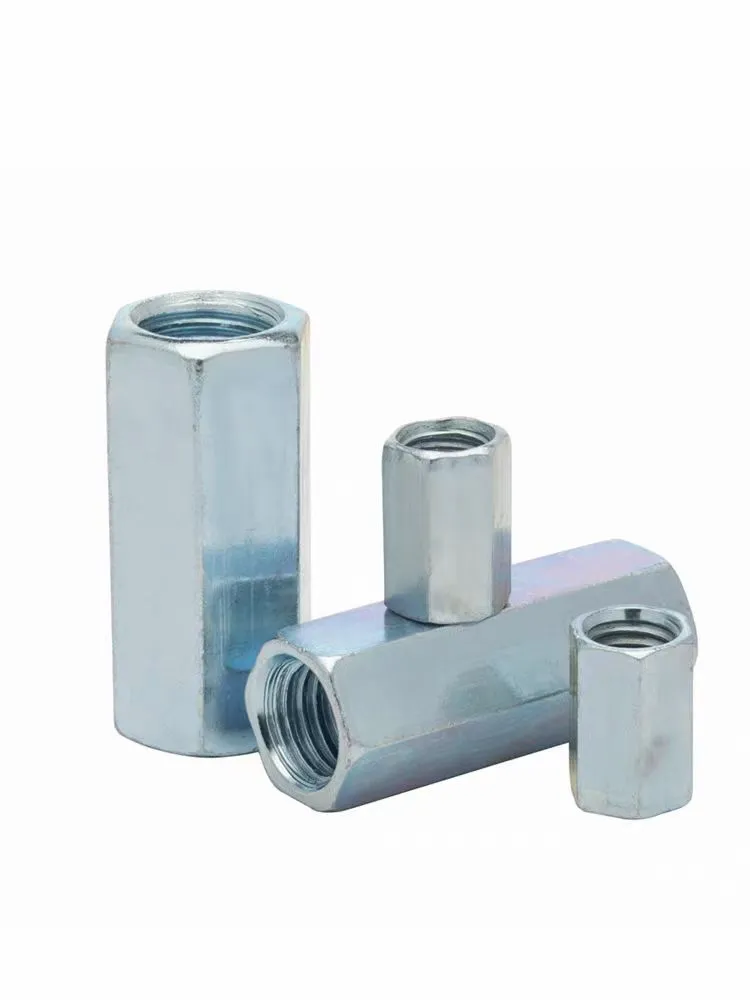

Self-tapping Shoulder Screws for Easy Assembly and Enhanced Structural Integrity
أكتوبر . 17, 2024 19:56 Back to list
Self-tapping Shoulder Screws for Easy Assembly and Enhanced Structural Integrity
The Versatility and Efficiency of Self-Tapping Shoulder Screws
Self-tapping shoulder screws are an essential component in various engineering applications, offering unique features that enhance both design flexibility and assembly efficiency. These specialized screws possess a shoulder that provides an additional surface for load-bearing, making them particularly versatile in various fields, including automotive, aerospace, and industrial machinery.
Understanding Self-Tapping Shoulder Screws
At its core, self-tapping shoulder screws are designed with an integrated shoulder that distinguishes them from standard screws. This shoulder not only enables the screw to provide a robust fastening point but also acts as a spacer, allowing for better alignment and support of components. The self-tapping aspect means these screws can create their own threads in materials such as metal and plastic, which simplifies the assembly process. This attribute significantly reduces the need for pre-drilling, making them a time-saving solution for many projects.
Applications in Various Industries
One of the most notable applications of self-tapping shoulder screws is in the automotive industry. Here, they are used to secure various components, from engine parts to body panels. Their ability to create a strong joint while accommodating different material thicknesses makes them ideal for use in complex assemblies where precision is critical.
In the aerospace sector, self-tapping shoulder screws are equally important. They are employed in assembling lightweight structures, where reducing weight without sacrificing strength is crucial. The unique design of these screws allows for effective stress distribution, which is vital in high-performance aircraft applications.
self tapping shoulder screw

The industrial manufacturing sector also benefits prominently from using self-tapping shoulder screws. They are used in machinery assemblies where frequent disassembly and reassembly are required. The ease of use and reliability of these screws means they can be quickly replaced or adjusted without significant downtime, enhancing overall productivity.
Benefits of Using Self-Tapping Shoulder Screws
The most significant advantage of self-tapping shoulder screws lies in their efficiency. As they eliminate the need for pre-drilled holes, they save time and labor costs during assembly. This feature is particularly beneficial in high-volume production environments, where every second counts.
Moreover, the versatility of the shoulder design allows self-tapping shoulder screws to accommodate a variety of materials and thicknesses, providing flexibility in design. They can effectively handle load-bearing applications, making them suitable for both static and dynamic loads. This adaptability is crucial in industries where the demands on components can vary widely.
Another noteworthy benefit is the improved reliability that self-tapping shoulder screws provide. Their ability to form strong threads in the material ensures a secure fit, reducing the risk of loosening over time due to vibrations or thermal expansion. This aspect is particularly critical in applications where safety is paramount, such as in automotive and aerospace sectors.
Conclusion
In conclusion, self-tapping shoulder screws represent a significant advancement in fastening technology, providing solutions that enhance efficiency, reliability, and versatility across various industries. Their unique design facilitates quick assembly and disassembly while ensuring a secure connection that can withstand the rigors of demanding applications. As industries continue to evolve and demand more from their components, the role of self-tapping shoulder screws is likely to expand further, driving innovation in both design and assembly processes. Whether in automotive, aerospace, or industrial manufacturing, these screws are an indispensable ally to engineers and manufacturers striving for excellence and efficiency in their projects.
Latest news
-
Hot Dip Galvanized Bolts-About LongZe|High Strength, Corrosion Resistance
NewsJul.30,2025
-
High-Strength Hot Dip Galvanized Bolts - Hebei Longze | Corrosion Resistance, Customization
NewsJul.30,2025
-
Hot Dip Galvanized Bolts-Hebei Longze|Corrosion Resistance&High Strength
NewsJul.30,2025
-
High-Strength Hot-Dip Galvanized Bolts-Hebei Longze|Corrosion Resistance&High Strength
NewsJul.30,2025
-
Hot Dip Galvanized Bolts-Hebei Longze|Corrosion Resistance&High Strength
NewsJul.30,2025
-
Hot Dip Galvanized Bolts - Hebei Longze | Corrosion Resistance, High Strength
NewsJul.30,2025

